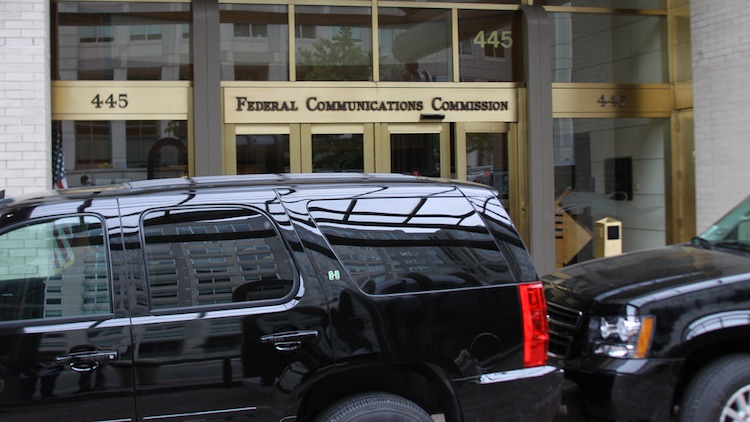Cable Ops Tell FCC DBS Should Pay Up

The smarter way to stay on top of broadcasting and cable industry. Sign up below
You are now subscribed
Your newsletter sign-up was successful
Smaller cable operators are telling the FCC that nothing DBS operators have told it should dissuade the commission from its plan to raise the regulatory fees satellite operators pay to get them closer to cable fees.
That came in reply comments on the FCC proposal.
Cable operators are still paying 150% more per subscriber than satellite-TV providers—96 cents versus 38 cents—under the FCC's proposed 2017 regulatory fee schedule.
The FCC has been phasing in its decision of three years ago to start assessing per-subscriber fees on DBS operators, as it does on other MVPDs (it used to assess a much lower, per-license, fee), but the ACA suggested in initial comments that the agency needs to get the lead out.
The FCC set DBS fees at 12 cents per sub in 2015, then 27 cents in 2016, and now the proposed 38 cents.
For its part, DBS operators Dish and DirecTV told the FCC in a joint filing that the increase from 12 cents to 38 was an unsupportable and "staggering 217% boost. "[T]he Commission has failed to explain how regulatory developments in the last year justify a dramatic rate increase for the third consecutive year," Dish and DirecTV parent AT&T told the commission.
They said there is evidence in the record that two DBS operators "have never generated, and do not generate now, anything approaching the regulatory costs that hundreds of cable operators do."
The smarter way to stay on top of broadcasting and cable industry. Sign up below
ACA was certainly unpersuaded.
It said that if the entire 11 cent bump were passed through to subs, it would only translate to less than one sent per month per sub at a time when Dish and DirecTV had just boosted sub fees by several dollars, saying: "[T]heir claims that a less than one cent per month regulatory fee increase is harmful rings hollow."
ACA said the public interest benefit in regulatory parity between cable, IPTV and DBS was all about "competitive fairness," rather than one competitor subsidizing another. "Any alleged harm to DBS from a slight bump in regulatory fees would be more than offset by the public interest benefit of lower regulatory fees paid by tens of millions of cable and IPTV subscribers combined," it said.
The DBS operators argue that they do not engage FCC staffers—the fees are based on the number of full-time employees (FTEs) it takes to regulate a particular service. ACA countered that "all payors in the Cable/IPTV fee category have imposed and continue to impose similar burdens on Media Bureau resources used to administer MVPD regulation..."
Contributing editor John Eggerton has been an editor and/or writer on media regulation, legislation and policy for over four decades, including covering the FCC, FTC, Congress, the major media trade associations, and the federal courts. In addition to Multichannel News and Broadcasting + Cable, his work has appeared in Radio World, TV Technology, TV Fax, This Week in Consumer Electronics, Variety and the Encyclopedia Britannica.

